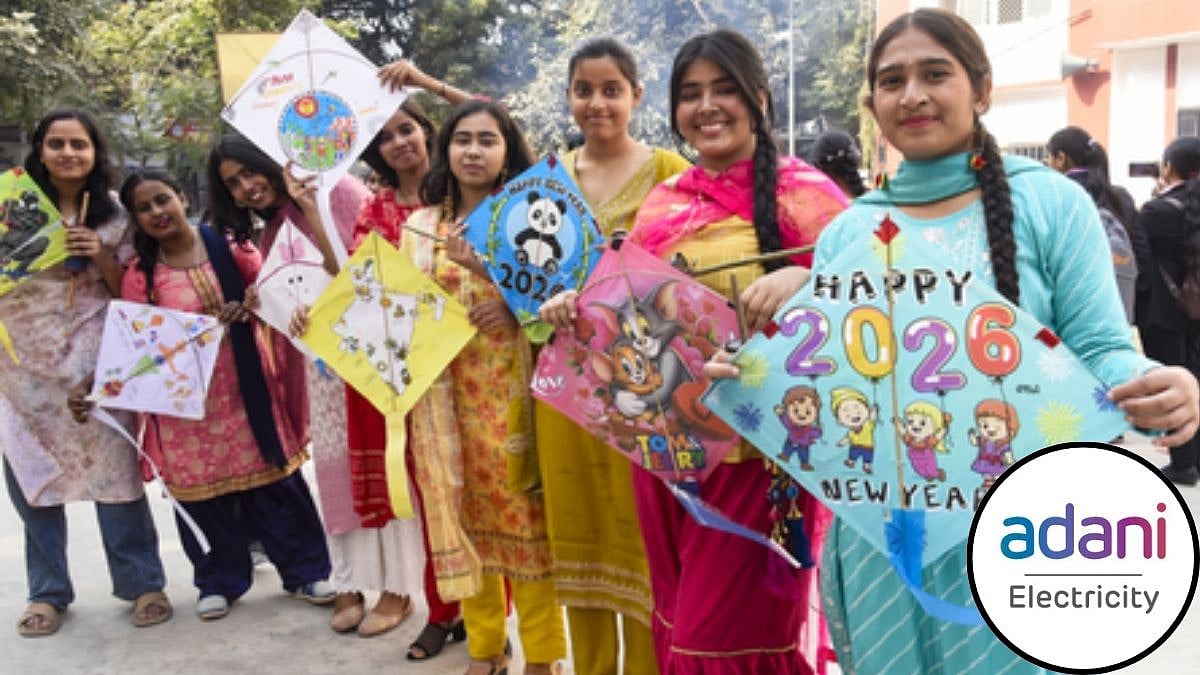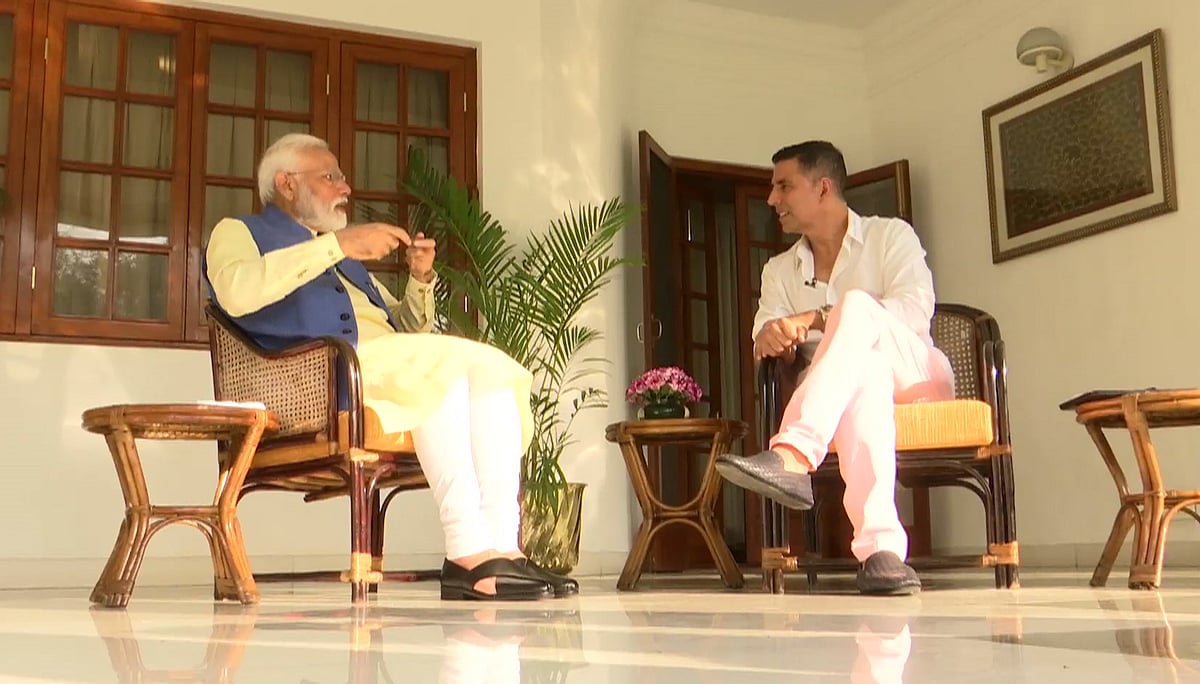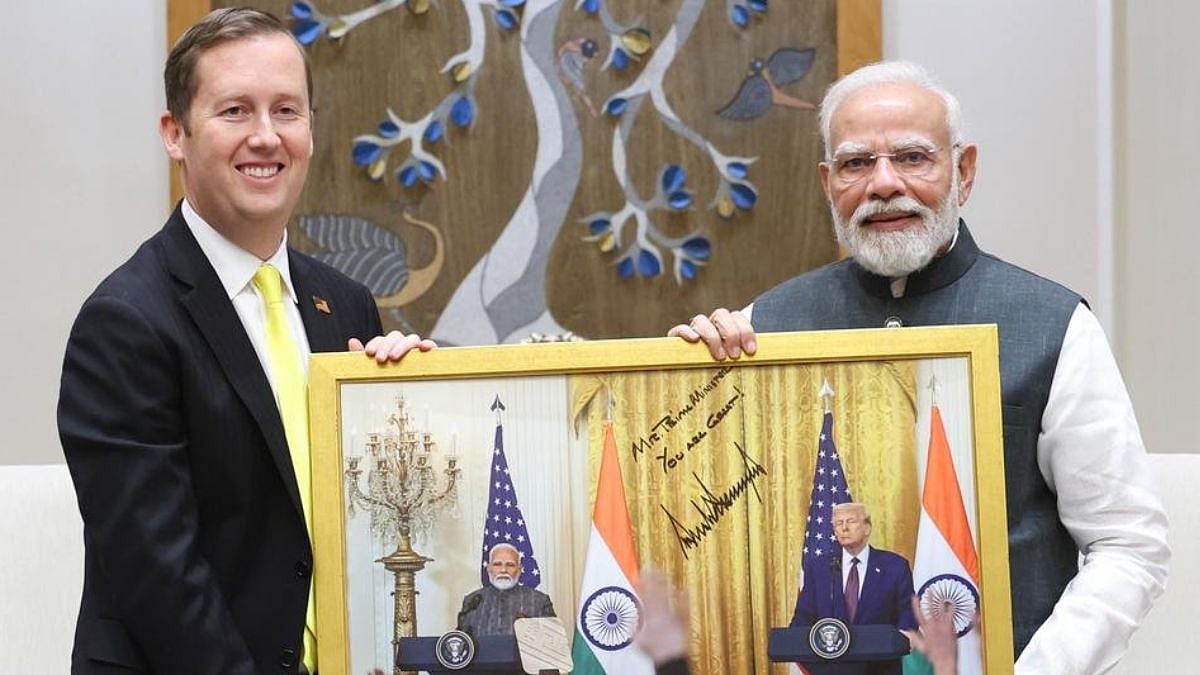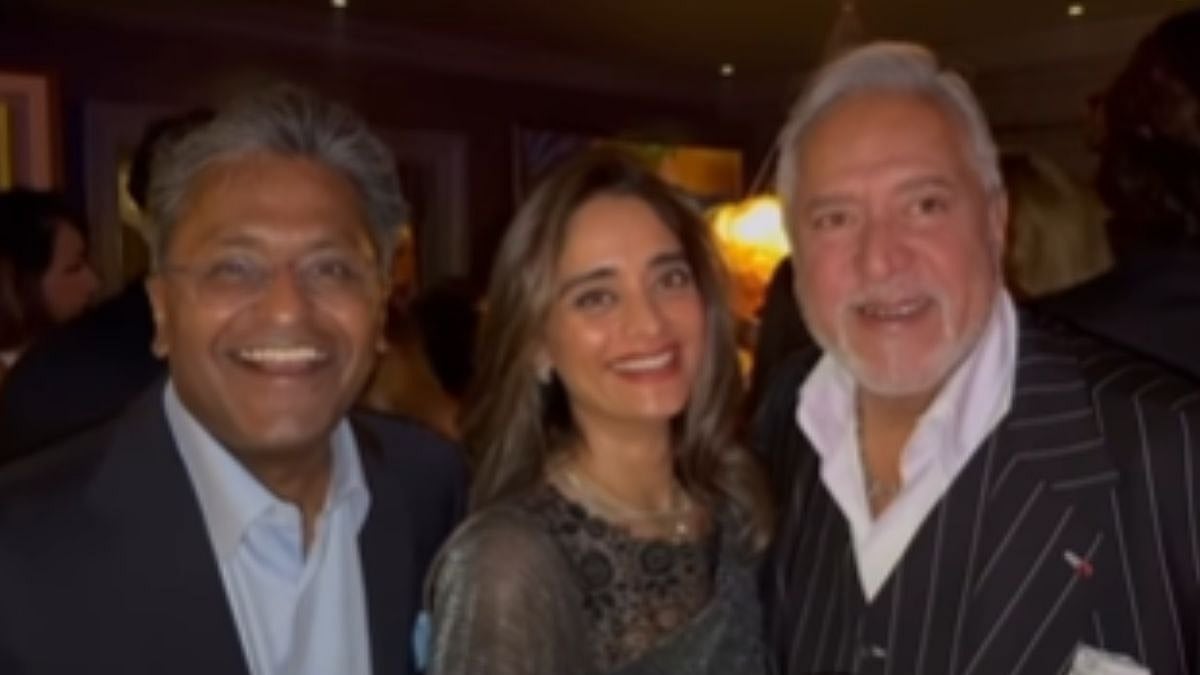In psychology, it’s called cognitive bias. In plain English, it means we believe what we want to believe.
Which is why when rumours of a coup against China’s President and wanna-be dictator-in chief Xi Jinping surfaced soon after his return September 16 from a summit in Samarkand, Uzbekistan, the whoops of joy from the Indian media were heard around the world.
Fuelled by twits on Twitter, and a Chinese Falun Gong activist-turned-journalist living in New York, Indian television channels and news websites scrambled to outdo each other, insisting that ‘reliable sources’ had confirmed that Xi had been put under house arrest, and depending on which media outlet you tuned into, that a senior PLA general/a venerable 104 year old Comrade/a clique led by former president Jiang Zemin/ had taken over the Middle Kingdom.
The fact that Xi hadn’t been seen since his return from Samarkand and had missed a high-level meeting of the central military commission lent credence to these rumours.
Videos purportedly showing an ‘80 km long’ military convoy headed for Beijing, and screenshots of sites showing empty airspace above Beijing shared on social media went viral, as anchors and ‘experts’ vehemently and loudly debated the implications of what this meant for India and the world. While some wags sneered at Congress leader Rahul Gandhi for reportedly having cosied up to the Chinese, others pointed to Prime Minister Narendra Modi’s vain initial attempts to woo Xi. On a more flippant note, there was also a video of an ‘escaped’ Xi apparently making momos in Kalimpong/Nepal and even New Delhi’s Paharganj doing the rounds on Twitter.
Things turned even more surreal when Georg Fahrion, the China correspondent for the German newspaper Der Spiegel, tweeted a series of pictures with what he thought were humorous captions. One showed the entrance to the Zhongnanhai, a former imperial garden in Beijing which houses the Chinese Communist Party HQ and the office of the President. ‘Elite paratroopers have wrested control over the gate, cunningly disguised as the five middle-aged dudes who always stand there,’ said the caption. ‘Alas, hope is dim. Coup reinforcements arrive in armored personnel carriers,’ said another, with an image of an elderly couple on a flatbed tricycle pedalling peacefully past a park.
Ignoring the clear mismatch between the images and the captions, or perhaps succumbing to cognitive bias that Germans do not have a sense of humour, our media insisted that this was conclusive evidence that Xi was out for the count. A popular nationalist channel even devoted an hour of prime time to discuss these tweets, forcing poor Georg to finally throw up his hands in despair and declare: ‘Two things are infinite, the universe and man’s stupidity.’
Xi, looking as inscrutable and smug as ever, finally surfaced at a display at the Beijing Exhibition Hall on the theme of ‘Forging Ahead into the New Era,’ where he hailed China’s economic progress over the past decade.
Now here’s what really happened. Xi’s trip to Samarkand for the Shanghai Cooperation Organisation summit, his first trip overseas since the start of the COVID-19 pandemic, was preceded and followed by a major purge, ensuring that no one dared challenge his bid for an unprecedented third term during the Communist Party of China’s 20th party congress, which begins October 16.
Several comrades who had held senior positions in the Public Security Bureau, or China’s police department, including Sun Lijun, former Party Committee Member and Vice Minister of the Ministry of Public Security, were given suspended death sentences. All of them were known Jiang loyalists.
The week-long CPC meeting, which takes place every five years at the Great Hall of the People which flanks the infamous Tiananmen Square, is likely to see the induction of a new, younger, breed of tech and business savvy Xi loyalists in the all-powerful Politburo Standing Committee, the actual Politburo, and the Central Committee.
And to further strengthen his position, there are indications that Xi might be designated the Chairman of the CCP, a title which has only been held by Mao Tse Tung, the founder of the People’s Republic of China so far. Post Mao, it had become the norm for Chinese Presidents to nominate a successor and step down after a second term, but at the last Party Congress in 2017, Xi brought in a constitutional amendment to allow himself a third term, and perhaps even a fourth. Some reports say Chairman Mao’s portraits are already being replaced –slowly but surely -- across government offices in China.
The inclusion of these young turks – born between the late 1950s and early 1970s-- in the highest echelons of power aligns well with Xi’s grand plan to make China a true economic and military superpower. He hopes to do this by shifting the country’s focus from being the factory of the world to becoming a clear leader in cutting edge tech domains like Artificial Intelligence, Robotics, Machine Learning and Big Data, and of course, his flagship Belt and Road Initiative, meant to take China to the world, and vice versa.
But these grand plans have already hit a few unexpected roadblocks. These include a housing bubble which exploded, the pandemic which started in China and brought the world to its knees before returning to China with a vengeance, the trade war and Pacific pushback by the United States and its allies, and the massive disruption of the global food and energy supply chain due to the Ukraine crisis, to name a just a few.
Domestically, Xi faces the challenges of growing inequality and joblessness, the travails faced by the people due to his stringent zero tolerance Covid policy, and senior party colleagues who resent his attempt to become dictator for life and thus deprive them of an opportunity to rule.
Where does that leave India?
One, those who think Prime Minister Narendra Modi showed Xi his place by not speaking to him at Samarkand, or that membership of the Quad, which has the US Australia and Japan as the other three members, will deter China from its salami slicing of our borders or strangling us with its string of pearls in the Indian Ocean, need a major rethink.
Two, the harsh reality is that despite all the chest thumping talk about boycotting Chinese products, despite the token ban and tax raids on some Chinese companies, our imports from China have actually gone up dramatically, particularly post the pandemic. We need to deal with it.
And finally, three, we need to accept that at least for now, Xi is here to stay, and map our relationship with China accordingly. Without pride or prejudice. Or cognitive bias.
Ramananda Sengupta is a foreign and strategic affairs analyst









